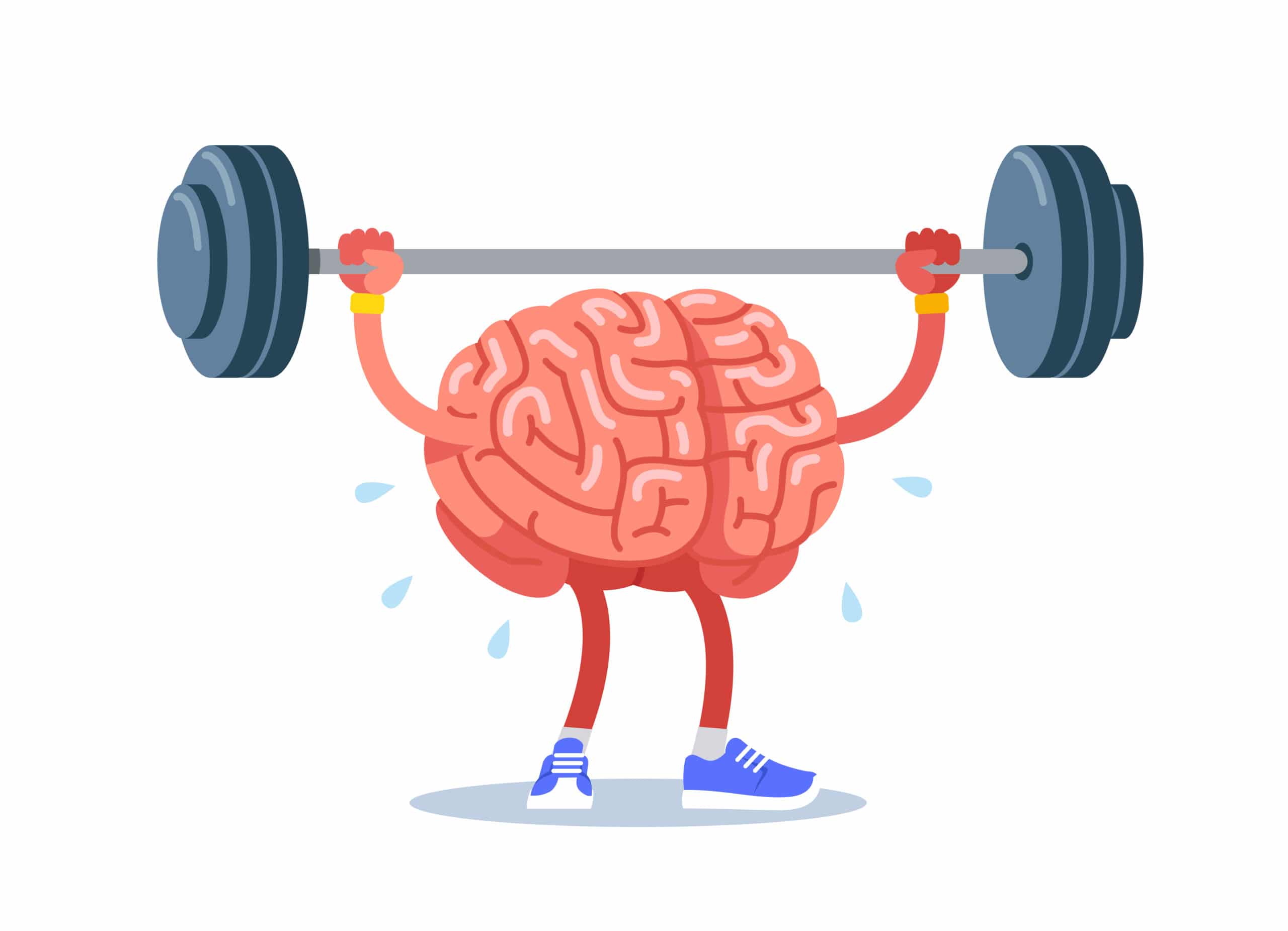Famed Canadian psycholinguist Frank Smith once said, “One language sets you in a corridor for life. Two languages open every door along the way.” At TruFluency, we couldn’t agree more. Although English is considered the world’s lingua franca, learning a foreign language is never a waste of time. You can use a foreign language to connect with locals, navigate a new country, and even succeed in the workforce. But what if we told you that learning a second language not only helps your social and professional life, but your brain health as well?
The brain is one of the most complex and important organs in the body. It impacts who we are, what we do, and how we do it. While learning a second language hasn’t always been considered good for our brains, neurologists today overwhelmingly agree that taking the time to open that Spanish book or invest in a tutor is well worth it. This post will walk you through a brief history of foreign language and the brain, introduce you to the three most compelling brain benefits of learning a new language and motivate you to finally get a language tutor.
The Changing History of Bilingualism and The Brain
Did you know that people once thought learning two languages negatively impacted the brain? The debate between bilingual and monolingual brains has fascinated linguists and psychologists since the 1920s. In the early days of this research, many experts thought that bilingual children would have to bear impairments as adults, and parents who raised children speaking two languages were not socially accepted.
Since the 19th century, educators believed that learning two languages would leave children confused, inarticulate, and hindered by a lower IQ.
Modern Views of The Bilingual Brain: Research into this topic has luckily come a long way. In 1962, a crucial study conducted at McGill University by Elizabeth Peal and Wallace Lambert found that bilingualism does not stunt neural development.
In fact, in the study bilinguals outperformed their monolingual peers in 15 verbal and oral exams!
Today, our increasingly globalized society welcomes bilingualism with open arms, and it is seen as an advantage as opposed to a hindrance. But how exactly does learning a language impact the brain, and is it worth it to learn a language later in life? Read on to discover why it’s never too late to boost your brain and acquire a foreign language.
Learning A New Language Boosts Memory, Brain Plasticity, and Attention Span
Learning a New Language Improves Memory: Learning is like working out for your brain. As you use your brain to acquire new skills and knowledge, the stronger it becomes. Language learning is a great workout for your memory, as it requires you to remember new vocabulary, make connections between phrases, and actively use the words you have learned in context. But don’t take it from us, scientists agree too! A recent study showed that bilingual people with Alzheimer’s have a superior memory when compared with monolingual Alzheimer’s patients. In the study, researchers took CT scans of 85 Alzheimer’s patients, and the results speak for themselves.
- The scans showed that the bilingual subjects had better developed frontal lobes of the brain, and had finer brain function despite the onset of Alzheimer’s.
- The frontal lobe is the part of the brain that controls important cognitive skills such as emotion, problem-solving, and memory. Essentially it is the “control panel” of our personality and communication abilities. Sounds like something you want to keep healthy, right?
The more channels the brain has to work with, the better it will function. In addition to their findings, the researchers suggested that daily use of both languages may have played an important part in the results, as it pushes the brain to adapt to alternative neutral pathways. So commit time every day to practicing that new language, even if it’s just for ten minutes! Your future self will thank you.
Grey Matter Does Matter! Boosting Brain Health with Another Language
Learning a New Language Boosts Brain Plasticity: We all need to be a little more flexible, right? Learning a new language can help improve brain plasticity, which has been associated with the brain’s ability to change and improve over time. Results from a recent study showed not only that bilingual participants had higher neural electrical activity, but it also showed that the more languages someone learned, the faster new neuron networks were formed. This means that even if you aren’t bilingual now, starting today will still leave you with lasting brain benefits.
- When we speak in our native tongue, we are just using the left side of the brain. When we speak a second language, however, we use both sides and as a result, boost the size of our grey and white matter.
- Grey matter is a network of different brain regions which lies at the heart of information processing and can be more important for our IQ than size alone. Scientists have found that people with high IQ scores have more grey matter in 24 of their brain regions compared to people with lower IQ scores.
Learning a New Language Helps Your Attention Span: In our current age of technology, digital distractions, plentiful information, and daily interruptions make it hard to stay focused. Feel like you get distracted a few minutes into a meeting, class, or even a movie? You aren’t alone.
Recent studies show that a person’s average attention span has reduced from twelve to eight seconds in the past 20 years. Luckily, learning a new language can help.
Research suggests that learning a new language helps the brain maintain focus and block out the multitude of distractions we are subjected to daily. Take control of your focus and hire that language tutor you’ve always been wanting!
TruFluency Is Here To Boost Your Brain Health
So now that you know learning a new language will help your brain work better and longer, it’s time to find a tutor that’s right for you. TruFluency offers immersive, conversation-based courses to help professionals and adult learners gain fluency in another language, and become more confident in their communication abilities. Try a class with one of our experienced language tutors to kickstart your journey to fluency and help your brain thrive. Click HERE for more information! We are looking forward to meeting you!





